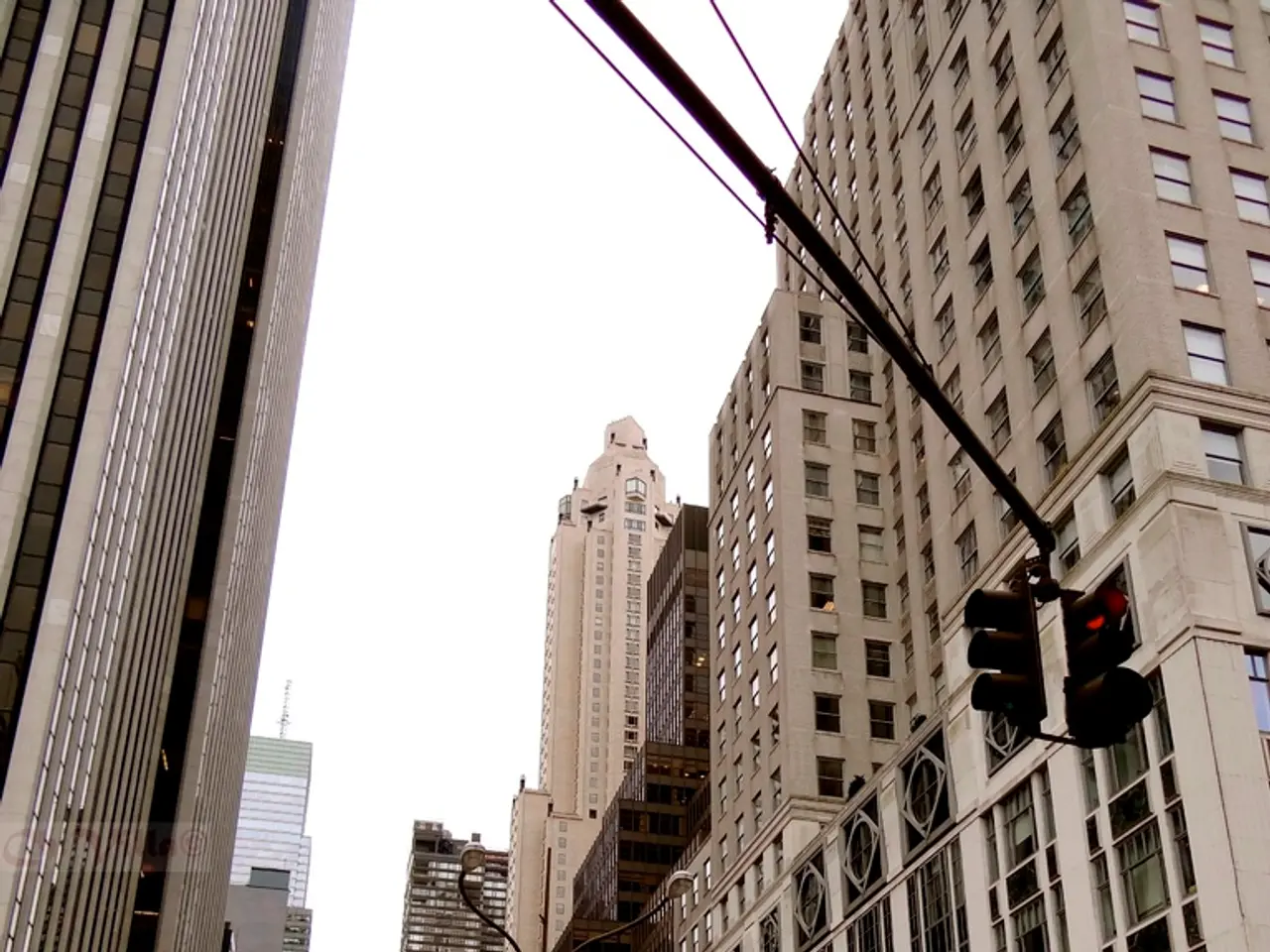Social media clampdown in Tanzania escalates as political unrest heightens, with Twitter being specifically targeted for restrictions.
In Tanzania, many citizens have turned to Virtual Private Network (VPN) services to voice their frustrations, as the government has restricted access to the social media platform, formerly known as Twitter. This restriction coincides with a series of arrests of prominent opposition figures in the country.
The arrests and internet restrictions indicate a tightening of control by the authorities, with Tundu Lissu, a well-known politician, and four other officials from the Chadema party taken into custody. Three of these arrests, including Lissu's, occurred in Mbeya just before a planned World Youth Day rally.
The following day saw the detention of Chadema's chairman and the leader of its youth wing. Tanzania's police force, TANPOL, has issued a warning to Chadema party members, alleging that they are using Zoom meetings to organize small groups.
Last year, authorities in Tanzania contemplated introducing a mandatory license for VPN use, highlighting the ongoing struggle between governments seeking to control information flow and citizens attempting to maintain open communication channels. The use of VPNs to circumvent these restrictions underscores this struggle.
Internet shutdowns and partial restrictions have become common political tools globally, often employed to suppress citizens' voices during times of unrest. The situation in Tanzania serves as a reminder of the complex relationship between technology, politics, and civil liberties in the digital age.
The criticism is based on the argument that these actions violate freedom of expression and access to information, which are fundamental human rights. International organizations and human rights groups have criticized the internet restrictions in Tanzania due to concerns about censorship, suppression of free speech, and limiting access to information essential for democratic participation and human rights protection.
Similar incidents have occurred in other African nations, such as Kenya and Senegal. The events in Tanzania are part of a broader pattern of political tension in the country. As governments grapple with the challenges posed by social media and instant communication, the balance between national security concerns and individual rights remains a critical point of debate.
It remains to be seen how long the restrictions on Twitter will last and what impact they will have on political discourse in the country. The ongoing situation in Tanzania underscores the need for vigilance in protecting freedom of expression and access to information in the digital age.





